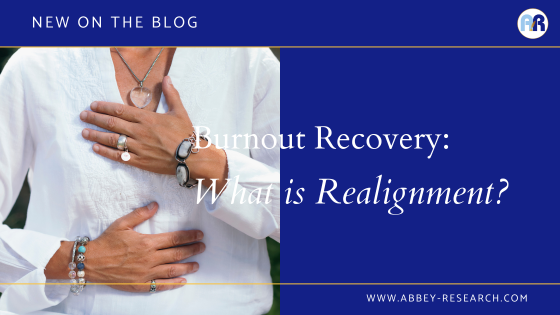
what do we mean by realignment?
“Realignment” might sound like an odd word as part of burnout recovery, but we think it’s quite essential. In some theological circles, this can also be called “keeping sabbath.” I has a story that captures it perfectly:
I had the honor of growing up with several friends who were practicing Jews, and one of them once asked me what Sundays looked like for Christians. I remember shrugging and saying “church, homework, maybe naps.” He looked a little surprised. “But I thought it was your Sabbath.” “It is,” I assured him. “Why are you so confused?”
He went on to explain what the concept of sabbath meant to him and it’s something I’ve never gotten out of my head. Sabbath, he informed me, was a 24-hour period where he created nothing. Not food, not crafts, not work, nothing. He created nothing so he would remember that he was a created being, and, in turn, would remember his place in the universe. He was created, not creator, and he needed to remember that once per week, or he’d get off kilter again.
We are created, not creators.
Whatever your theology, however you see the world, consider this: very little is within your control. You do not have power over the actions or emotions of others. Also, you cannot determine how things will truly pan out. You can only control you. The universe is vast and unknowable. While you are deeply valued by your fellow humans, the harsh truth is that the planet will keep spinning without you.
To quote Eliza Doolittle, “Without you pulling it the tide comes in,” after all.
how do you practice this yourself?
In order to fulfill this R, you’ve got to carve time out each week to remember who you are and to align yourself in the grander scheme of things. For some people, this is going to church or observing a Sabbath, but for others, it might look like meditation, mindfulness practice, donating time or money to charity (though don’t forget that volunteering can constitute another workplace), or writing in a personal reflection journal.
It’s very common for those suffering from burnout to find “practice gratitude” as a recommendation for moving towards healing. We don’t disagree. There’s science to back up gratitude as a way to increase positive feelings and rewire the mind to be more resilient, but there’s also a ton of science to back up why yoga makes so many people feel good and we don’t blanket recommend that to everyone either.
If there’s one thing we hope you take away from this section of the book, it’s that there is no one-size-fits-all solution to burnout, and anyone who says otherwise is not only probably trying to sell you something but is also perpetuating a culture of burnout. A culture of balance promotes finding your own way to realignment. It might be practicing gratitude, or it might not be.
Learn more about our book HERE.
Buy it in any format HERE.


